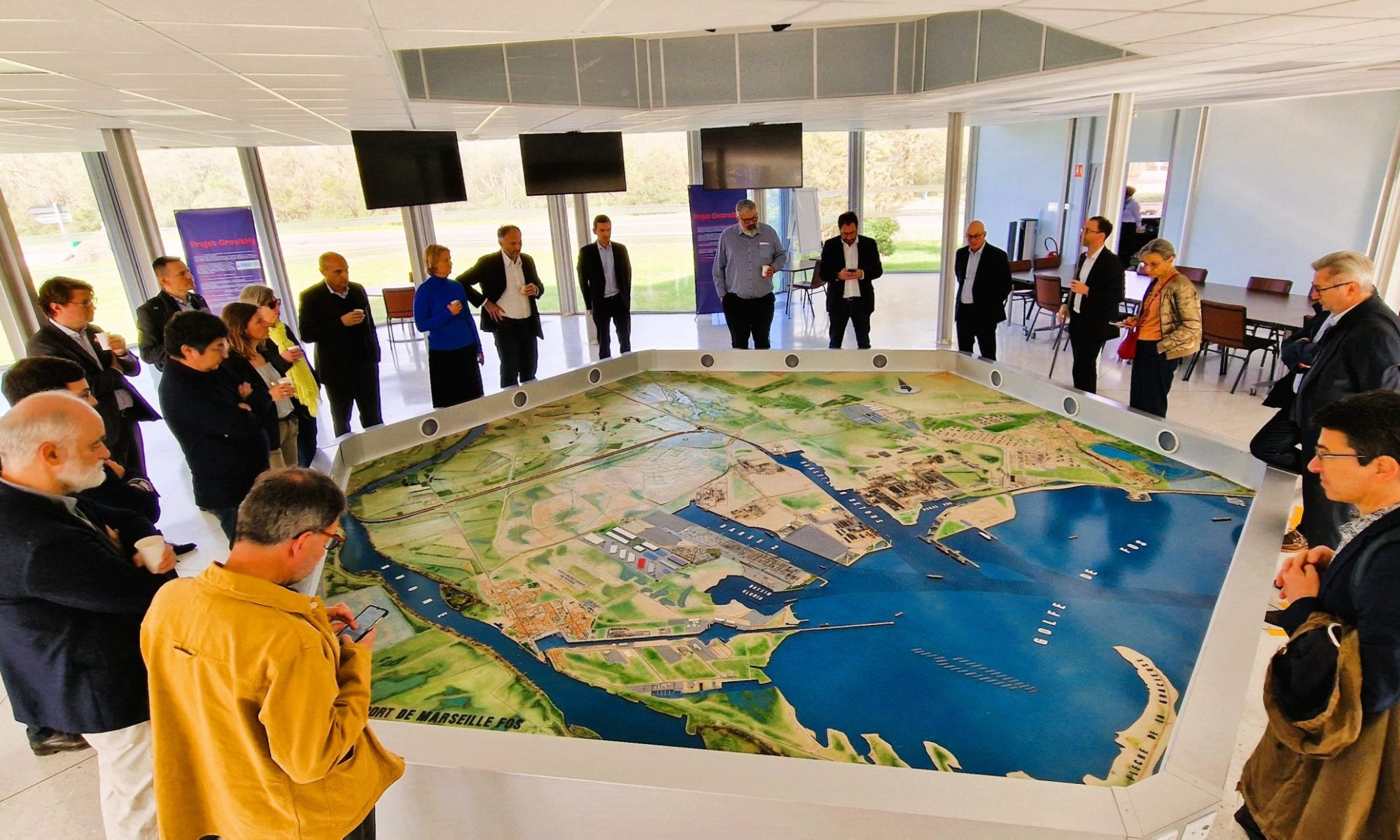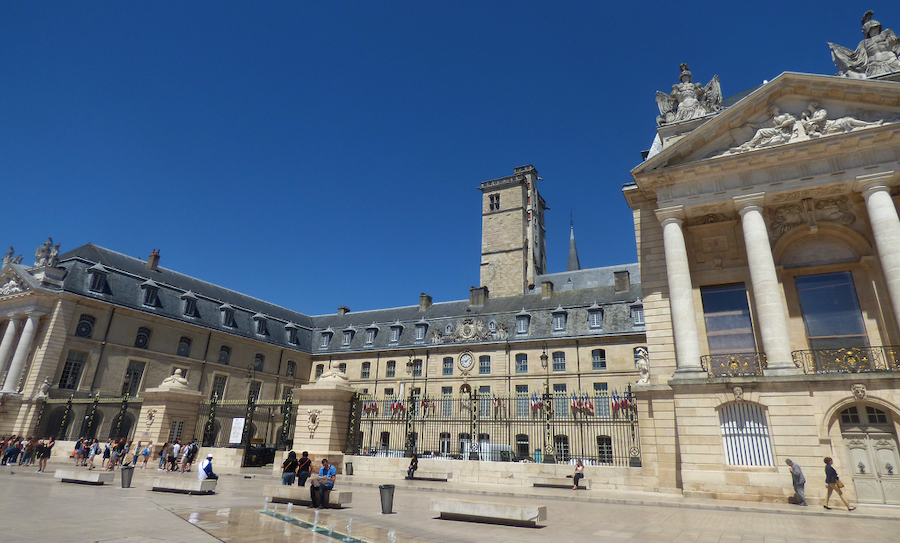A) Food and agricultural transition
For many reasons, dysfunctions, vulnerabilities and the necessary agri-food system transition are challenges also to metropolises.
B) Artificial intelligence
Beyond more or less controlled uses of ChatGPT, the AI interrogates the organization and management of services, and must encourage vigilance on the well-being at work and engagement of the employees.

Just two or three years ago, it would undoubtedly have been difficult to imagine a BEST meeting on the theme of agriculture and food. I could certainly invoke certain Dijon or even Burgundian gastronomic logic to justify this choice. But I have no doubt that my colleagues will also have perceived the political importance that the Metropolis attaches to this subject, with its food transition project designed to articulate two equally strong ambitions: producing better and eating better.
Our speakers showed this: to reform the agro-industrialized and globalized model that dominates today and to rehabilitate the “territorial” part of our food system, we, metropolises, have undoubtedly a role to play on three levers: enhancement of agroecology, behavioural changes and waste reduction. I thank them warmly for having brilliantly documented and problematized the agri-food transition which all of us without delay must tackle.
This meeting also allowed us to better understand the challenges that artificial intelligence poses to our organizations. Let’s admit that, for the moment, we are groping a little! But I remember that experimentation must be encouraged, starting from the needs of the organization and not from the performance of available technologies. I am also pleased that our partner France urbaine has in turn taken up the subject: our reflections and our learning have only just begun.
> Jean-Gabriel MADINIER, Chief Executive of the City of Dijon and Dijon Métropole
PROGRAM
Global issues of agri-food transition
The food system
Definition of the concept of food system and dynamic presentation of the contemporary system, product of the history of the agriculture/food couple. Faced with excess agro-industrialization and globalization, it is necessary to promote a new agricultural revolution (the third), of a agro-ecological character, in which cities and metropolises have many cards to play.
> Henri ROUILLÉ D’ORFEUIL, agronomist, economist, member of the Academy of Agriculture of France.
The agri-food component of the European Green Deal
1) The European Green Deal is the EU’s strategy to achieve climate neutrality by 2050. The National Research Institute for Agriculture, Food and the Environment (INRAE) assessed the merchant and non-merchant impacts of its agri-food component. This work allows in particular to compare the impacts of agro-ecology, of the reduction of losses and waste, of the evolution of food diets.
2) These levers involve profound changes that question public policies, particularly in the areas of agricultural land, imports and food demand.
> Hervé GUYOMARD, director of research at INRAE.
Three examples of territorialized action
Reconnecting eating behaviours and local production by relying on collective catering
In the metropolis of Dijon, the collective catering serves 15 million meals per year including only 7% local products. So there is a complete disconnect between the production of meals, the terroir and the seasons, which must be remedied.
Intervention in two voices.
1) The research work carried out by INRAE: a scientific support, a method and a stimulation to carry out an ambitious policy. How change eating behaviours to align taste, nutritional quality, respect for the environment, support for the agricultural sector.
> Justine DAHMANI, doctoral student on sustainable food in school catering – INRAE.
2) ProDij: a systemic food strategy which puts food at the heart of the territorial project of Dijon Métropole. Its metropolitan vegetable shop is its corner stone.
> Fabrice CHATEL, Deputy Chief Executive at Dijon Métropole in charge of climate transition.
Food aid measures: the common food fund of Montpellier
Since July 2021, 25 organizations of the Montpellier territory, including the City and the Metropolis, came together to design an experiment of food democracy and of transformation of the territorial food system.
> Olivier NYS, Chief Executive of the City of Montpellier and of the Montpellier Metropolis.
> Marie-Clémentine FOUSSAT, Project manager Conduct of innovative food projects at the City of Montpellier
> Pauline SCHERER, sociologist, member of the collective Territoires à VivreS (Food/Live In Territories)
Preservation of agricultural land: what do metropolises contribute with?
Illustration through the project SCOT / PLUIH in the metropolis of the Grand Reims, in the ZAN context.
> François MENGIN LECREULX, Chief Executive of the City of Reims and Reims Metropolis.
Artificial intelligence
AI gets to work
The ups and downs of AI, from decade to decade. Jobs threatened, or not. How to integrate AI in organizational and managerial strategies.
> Yann FERGUSON, sociologist, scientific director of LaborIA. Member of the Global Partnership on Artificial Intelligence (GPAI).
Photo Elliott Brown // Flickr https://creativecommons.org/licenses/by-sa/2.0/

